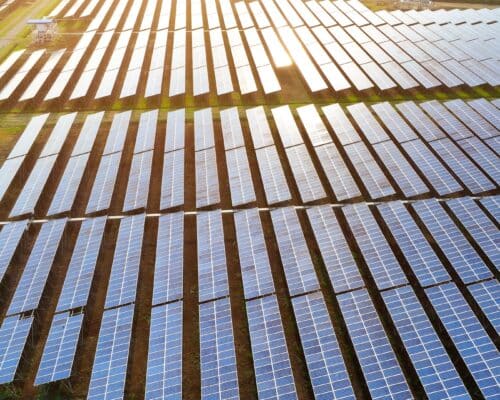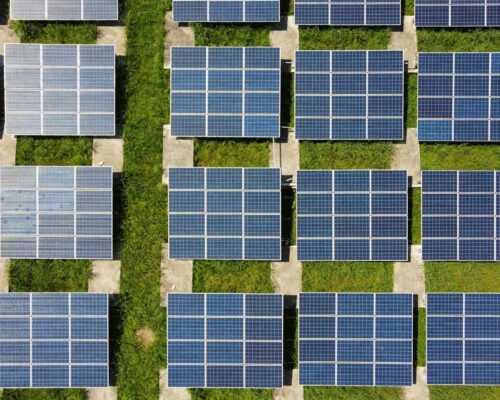Articles
Singapore’s 2025 Election Sets Stage for Renewable Energy Strategy
Singapore's recent general election propelled the ruling party's renewable energy mandate and set the stage for the city-state's sustainable future. However, obstacles remain, including a limited landmass for solar and wind power projects, an overreliance on natural gas in the power sector and coordinating and managing renewable energy imports from its neighbours in the region.

At COP30, Transportation Emissions Remain a Big Hurdle
COP30 highlighted a critical gap: despite funding pledges, transport remains underfunded and slow to decarbonise. With Asia’s rapid urbanisation driving demand for mobility, accelerated, equity-focused investments in clean and inclusive transport are urgently needed to avoid locking in high emissions and inequitable access.
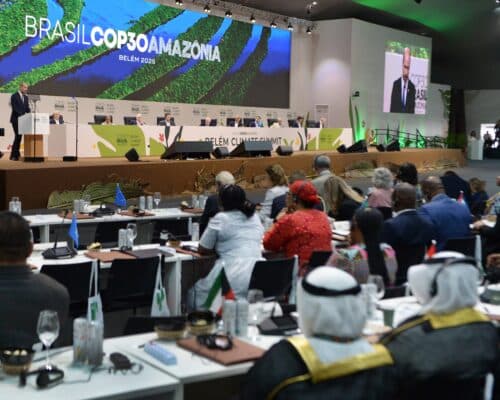
Climate Finance at COP30: Can Developing Countries Expect a Breakthrough?
As COP30 unfolds in Belém, developing nations press for action over pledges, urging a shift from climate finance commitments to real-world implementation. The toll of climate disasters in 2025 underscores the urgency: loss and damage funding remains far short of what’s needed, even as new tools and debt-for-climate swaps begin to unlock potential investments.
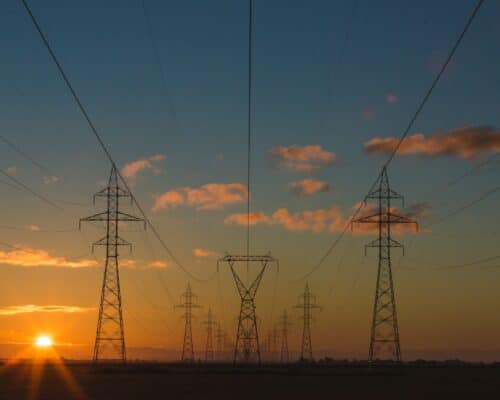
What COP30 Should Deliver to Advance the ASEAN Power Grid
The regional grid, a decades-old concept, could significantly accelerate Southeast Asia’s transition to renewables, ensuring stable, secure, clean and affordable electricity for countries in the region. However, for that to happen, leaders at COP30 must address the policy and financing roadblocks impeding the initiative.
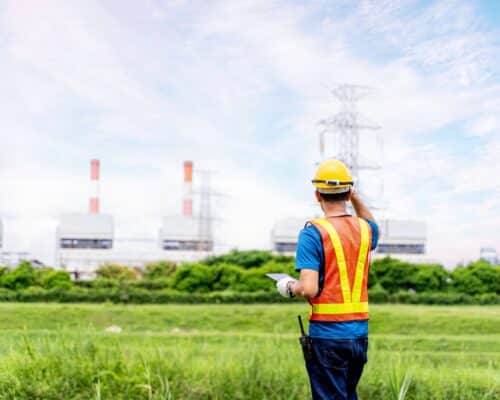
How Thailand Can Transition from Gas Dependency Risks to Clean Energy Gains [Op-Ed]
Thailand’s growing dependence on imported Liquefied Natural Gas (LNG) bears the risk of becoming a costly vulnerability. Yet by redefining the role of gas and accelerating the shift to renewables, as well as incorporating flexibility and grid modernisation into its energy planning, Thailand can turn risk into resilience and build a cleaner, more competitive economy.
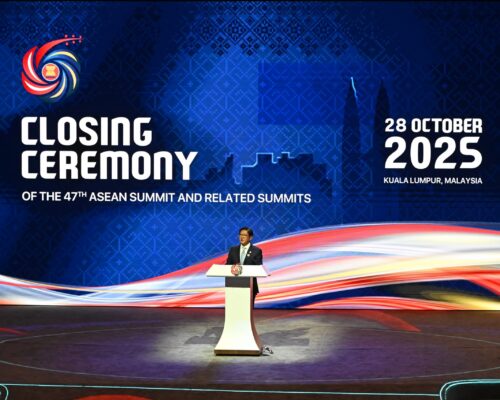
47th ASEAN Summit 2025 Ends With Trump Promising Support to Southeast Asia
ASEAN is becoming a key point of interest to global superpowers. However, it remains critical that, in the negotiation process, Southeast Asian economies don't neglect their own interests as in the case of the energy transition, where they are increasingly succumbing under the external pressure of the fossil fuel lobby.
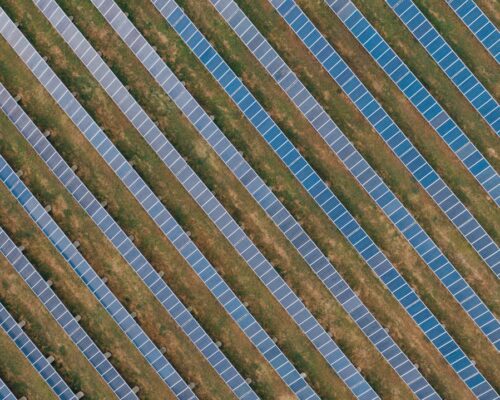
Proposed Ammonia Co-firing Solutions More Expensive than Renewables
The LCOE for ammonia co-firing exceeds that of renewable electricity, rendering Southeast Asia’s plans economically unfeasible. According to experts, instead of exposing themselves to the financial, environmental and health risks associated with ammonia co-firing, ASEAN nations should prioritise the accelerated deployment of renewable energy.

Smog in India: A Nation Struggling to Breathe
India’s air quality crisis has reached crisis levels, with PM 2.5 concentrations far above WHO guidelines and city skies routinely choked by smog from biomass burning, vehicle emissions, industry and crop burning. Short-term fixes like cloud seeding and emergency measures mask deeper, systemic failures. Lasting improvement requires stronger emissions controls, sustained policy action and equitable access to clean air.

Renewable Energy Trends 2025: Capacity to Double by 2030
Despite the positive trends, the IEA warns that the COP28 to triple clean energy capacity remains out of reach. To get back on track, countries should minimise policy uncertainties, reduce permitting timelines, increase grid investments and expand flexibility to facilitate the integration of variable renewables and derisk financing.

Gas Turbine Shortage in Vietnam and the Philippines
Experts note that delays, exacerbated by global gas turbine shortages, and regulatory and bankability challenges are giving clear market signals to move away from gas projects and scale up renewables and battery storage deployments instead.

Domestic Banks Are Propping Up Indonesian Coal Despite Climate Risks
Despite global financiers halting support for coal power, Indonesia's major domestic banks are filling the void by funnelling billions into new coal projects. This continued investment risks locking in decades of pollution, making the country's climate goals impossible to achieve and hindering the uptake of cleaner energy alternatives.
Time to Ride, Indonesia Electric Motorcycle Diaries [Op-Ed]
Indonesia has the ingredients to become a global leader in electric motorcycles, with a huge domestic market, a culture of ingenuity, and a growing local ecosystem. Yet fragmentation, infrastructure gaps, and a subsidy rollback show that a coordinated, long-term approach—combining targeted incentives, charging access, and strong domestic brands—is essential to unlock sustainable growth in this sector.
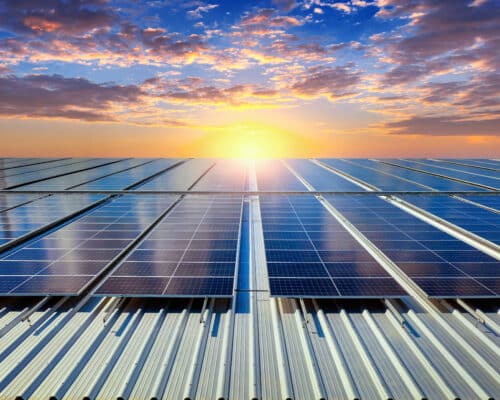
Is Renewable Energy Expensive? Or Is It the Cheapest Power Source on Earth?
For years, sceptics questioned the cost of renewable energy, but the data now tells a different story. Renewables are not only the cheapest source of new electricity but also the fastest-growing, having decisively outcompeted fossil fuels on price. This surge is driving down energy bills and has led to renewables overtaking coal in the global power mix for the first time.
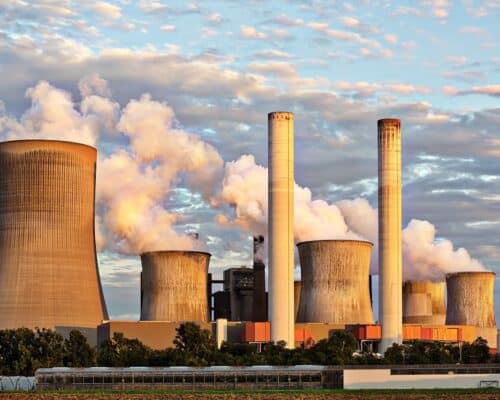
China’s 2035 NDC: Emissions to Drop 7-10%, Analysts Concerned
There are targets, and then there’s reality, and China’s 2035 NDC perfectly embodies this. While the targets are weak, it is hard to imagine that they weren’t set on purpose, just to be broken afterwards — a habit China has demonstrated over the years.
Most Popular
Most Popular
Categories
-
10
-
34
-
126
-
4
-
17
-
46
-
52
-
11
-
10
-
15
-
24
-
6
-
1
-
5
-
6
-
281
-
200
-
17
-
24
-
1
-
1
-
23
-
41
-
44
-
87
-
18
-
86
-
41
-
17
-
11
-
43
-
54
-
86
-
297
-
22
-
44
-
36
-
10
-
42
-
36


